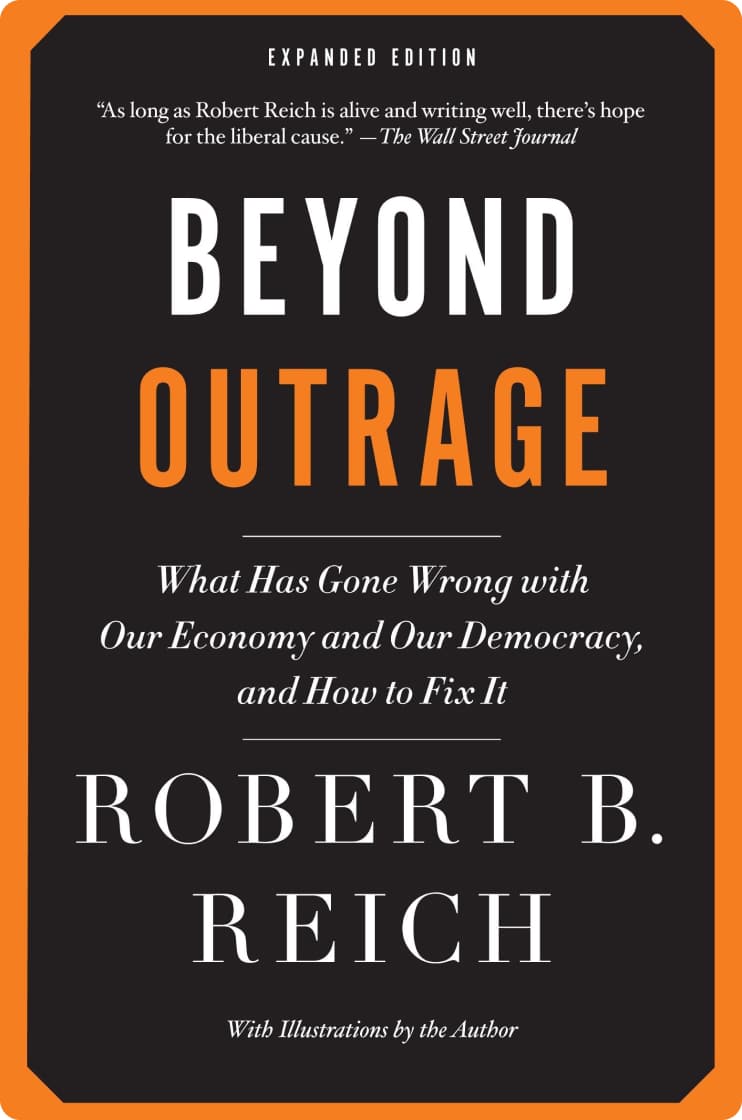America’s Unstolen Election And Detachment From Reality
As important as America’s January 6th hearings in Congress may be in laying out for the historical record the facts behind the insurrection that attempted to violently overturn the 2020 presidential election, there are two reasons why it may also be an exercise in futility.
In the first place, we already know the essentials of what happened on that day and what former US President Donald Trump’s intentions were. We know this because we saw it unfold in real time and because Mr Trump has not stopped talking about it in virtually every speech he has made since then.
It is true that some new details are emerging during the hearings about what transpired in the Oval Office in the days leading up to the ratification of the election results by Congress, what the former president’s advisors and attorneys were telling him, and what his state of mind was on that fateful day. But these details only add to what we already know: that the former president sought to incite a violent insurrectionist mob to intimidate his vice-president and members of Congress and to discredit the results of an election he lost, thus enabling him to remain in office. There is no secret here. Mr Trump telegraphed his intentions in speeches before January 6th and in public remarks since then he continues making his case, describing what he tried to do, and justifying his behaviour.
What is new are the taped interviews with former White House insiders seeking to absolve themselves of personal responsibility by claiming that they told the president he was wrong or of their efforts to push him to change direction before and during the fateful day. What they don’t explain is why, if they knew how dangerous the president’s course of action was, it took them so long to come forward with their damning evidence of wrongdoing.
Even before the hearings, there were sufficient grounds to charge Mr Trump with seditious acts. A stronger case can now be made to prosecute him on this charge. However, it is unlikely that Congress will recommend this course of action, nor will the Department of Justice act to investigate and prosecute the twice-impeached former president.
Another reason why the hearings, as riveting as they may be, are futile has to do with the deep and disturbing divisions that exist in the American electorate. Our polity was once shaped by two parties, each with its own distinct political ideology. Today this has been replaced by two parties, each with its own reality.
For almost two decades now, some Republicans have harnessed the power of media (both traditional and new social media platforms) to project ideas and stories that have no grounding in reality. Recall the Tea Party and Birther Movement myths about former president Barack Obama being born in Kenya or being a secret Muslim. Despite all evidence to the contrary (his birth certificate, the statement by a nurse present at his birth, and the testimony of his Christian pastor), the myths took hold and carried sway. Even today, polls show that strong majorities of Republicans still believe that Mr Obama was born in Africa and is not Christian.
Mr Trump has elevated this ability to project a lie and make it be believed by his followers regarding issues both large and small. On his very first day in office, for example, he boasted that his inauguration gathering was the largest ever – despite photographic evidence that it was not; or that the CIA audience he addressed gave him repeated standing ovations – despite the fact that it was carried live on TV and no such standing ovations occurred. After being challenged on these repeated falsehoods, Mr Trump’s spokesperson summed up the president’s approach, referring to it as creating “alternative facts”.
Alternative facts regarding the size of a crowd, whether or not the president received a standing ovation, or the status of his health may be harmless exercises in themselves. But it is quite a different matter when that same ability, to project a lie and demonstrate the power to make it be believed by millions, is used to overthrow a democratic election. That is an entirely different matter.
On a deeper level, the crisis of January 6th is not just about what Mr Trump did or did not do. It is also about the 68 per cent of Republicans who believe that the election was stolen, or the one-half of Republicans who believe nothing untoward happened on January 6th, or the overwhelming majority of Republican members of Congress – many of whom early on denounced the insurrection and now dismiss it as a “peaceful protest,” or the more than 100 “election deniers” who have so far won Republican primary elections. These deeper issues, unfortunately, are not within the purview of congressional hearings.
I was struck by a quote from former attorney general William Barr that emerged from the hearings. After meeting with the president and listening to him describe his plans to stay in office, Mr Barr said he walked away saying “Boy, if he really believes this stuff, he has become detached from reality!” Since “detached from reality” can be said to describe the mental state of millions of Americans and thousands of elected officials – all of whom have come to believe Mr Trump’s claim of a stolen election, it will take more than congressional hearings to address how to move us away from the dangerous delusional path we are on.







